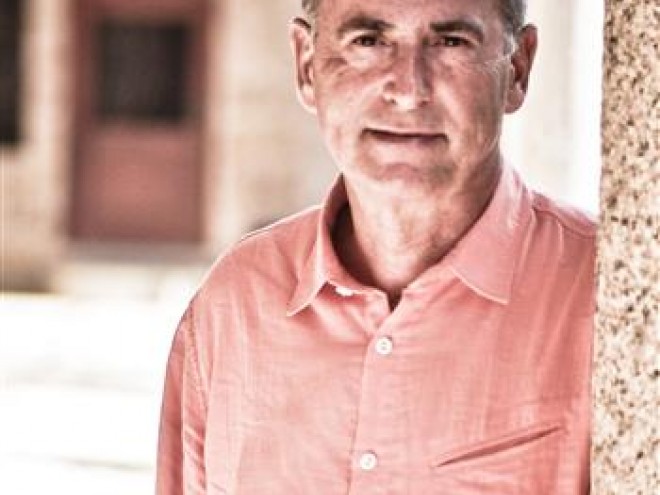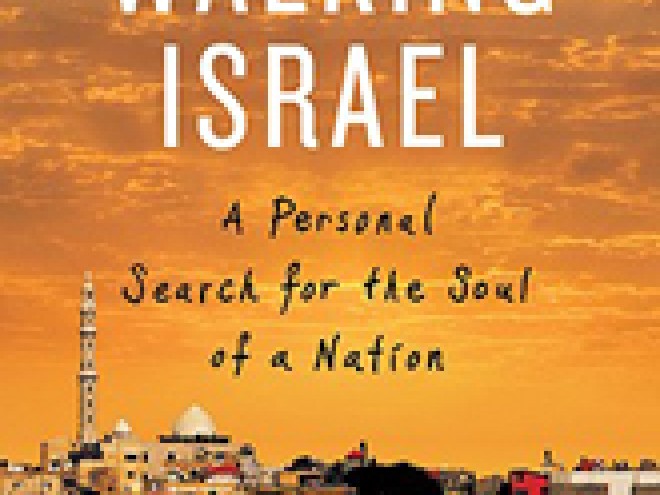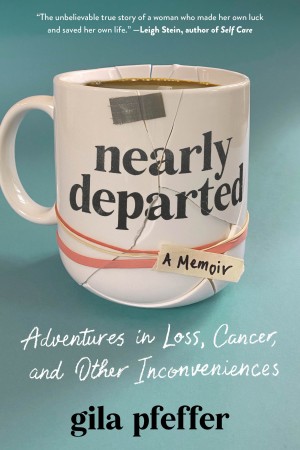Many readers may remember British reporter Martin Fletcher, who began broadcasting from Israel for NBC in 1982 and who became bureau chief in 1996. His manner was always calm and confident, assuring viewers that his reports were accurate and that the stories he told went beyond the headlines.
Fletcher reported from hot spots around the world for forty years, winning five Emmy Awards and other journalism citations. Now he has compiled recollections of some of his most memorable reporting experiences, highlighting the people he met and the ones he can’t forget. It’s a beautiful work, filled with hope and optimism even when it documents tragedy.
Although Fletcher reported the big issues — the ones that made the news headlines — it was the small stories that captivated him, that “left a scratch” on his soul. He has distilled these moments into eleven stories, which are enhanced by composite photo images taken from his news reports.
The oldest story Fletcher tells takes place in 1974 Cyprus, where he, two BBC colleagues, and an Associated Press photographer stepped into a minefield set up by the Turks to keep the Greeks out of the area. A minor news report became a “bloodbath”: one reporter was killed, two were seriously injured, and Fletcher — “just plain lucky” — managed to escape unscathed. Given that this was early in Fletcher’s career, one wonders why he continued in a line of work that frequently put his life in danger. He offers no direct answer.
In the 1990s, Fletcher reported from Kosovo, Somalia, Rwanda, and Jerusalem. Most of these stories were tragic. But the one from Jerusalem was hopeful: a blind, autistic Arab girl raised by Christian missionaries was taught to play piano by an Orthodox Israeli. Another story featured a group of Israelis and Palestinians bringing Palestinian children on their first trip to Israel’s Mediterranean Coast to enjoy the beach. It is times such as these that, in Fletcher’s view, build bridges for peace.
Fletcher, who is Jewish, also tells his own family’s story. His parents left Austria for England before the war, but most of his relatives died in the Holocaust. He was raised in “a silent household” in which the Holocaust was never mentioned. He speculates that it is his own family history, as he gradually came to know it, that led him to defend the weak in situations of conflict. He wanted to tell the world about people who were beaten down but rose again and somehow continued their lives.
The only shortcoming of Fletcher’s book is that it is too short. Readers may wish there were more stories, with more details. Hopefully he will offer a fuller account of his life — a life that the journalist Tom Brokaw describes as “compassionate and curious.”




